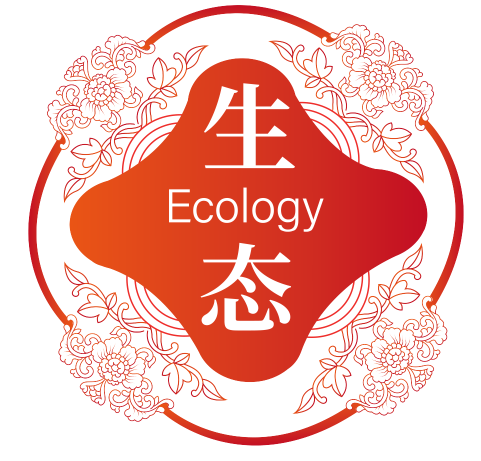Journey to a greener future
Nation's protection model offers example to world. Hou Liqiang reports.


"Environmental protection" is now a ubiquitous term in China. However, back in 1972, when the United Nations Conference on the Human Environment was held, it was still an alien concept, missing even from Chinese dictionaries.
It's no surprise then that when Qu Geping, 94, the first director of the country's Environmental Protection Agency, recounted China's participation in the conference, he said China's decision to join the event "stunned the international community".
Half a century on, however, China has stunned the international community in a very different way because of its rapid progress in pollution control and its swift transformation into a leader in green transition, experts said.
Once a laggard in global environmental governance, China has evolved into a solution provider, with many environmental mechanisms instructive for the international community established under the guidance of Xi Jinping Thought on Ecological Civilization, they said.
Laggard and learner
In a written address to a 2022 event to celebrate the 50th anniversary of the 1972 conference in Stockholm — the first world conference to make the environment a major issue — Qu emphasized the special role the conference had played in China's environmental process.
It "made us begin to wake up to existing environmental problems", he said. Inspired by the conference, China held its first National Environmental Protection Conference in 1973, which marked the beginning of China's environmental protection efforts.
Back then, the country had to learn a lot from the international community, according to Qu. For example, factories and industrial management considered emitting pollutants as a given. There was a prevailing sentiment in the industrial sector that likened pollution to a natural by-product of production, stating, "Just as people eat and excrete, factories produce and pollute", Qu recounted in the preface of a book titled Environmental Awakening.
The country then included the principle of "whoever causes pollution is responsible for its treatment" into its 1979 Environmental Protection Law, the country's first environmental law, to address the problem, which was borrowed from the "polluter pays principle" in Western countries, he added.
He said half of the eight major environmental management institutions the country established in 1989 were borrowed from market economies, including pollutant emission permits, environmental impact assessments and pollution discharge fees.
Ma Jun, a journalist-turned-environmentalist, has been committed to environmental protection since the early 1990s. In his initial years of involvement in environmental protection, he observed that China still heavily relied on external sources for guidance and inspiration.
Encountering severe water pollution during his journalistic travels across China in the 1990s, Ma authored China's Water Crisis in 1999, and also embarked on a quest for a solution.
Initially, China heavily relied on Western environmental protection models, replicating concepts and management systems, with some elements in China's laws on water and air pollution control directly borrowed from Western legislation, said Ma, who founded the Institute of Public and Environmental Affairs in Beijing in 2006.
Enforcement of these laws, however, was hindered due to a delicate relationship in which local governments depended on polluting companies for sustained economic growth.
To address this, Ma called on the national legislature to include in the law the practice of environmental information disclosure, which is observed in many places overseas, so as to increase public involvement in environmental protection. Persistent efforts eventually saw articles on environmental transparency inscribed into the revised National Environmental Protection Law in 2014.
- A glimpse of Xi's global insights through maxims quoted in 2024
- China's 'Ice City' cracks down on ticket scalping in winter tourism
- Iron stick yams revitalize Wenxian county
- Party chief of Guilin under investigation
- Two radio telescopes put into use to support deep space exploration
- Joint action transforms Mekong region




































